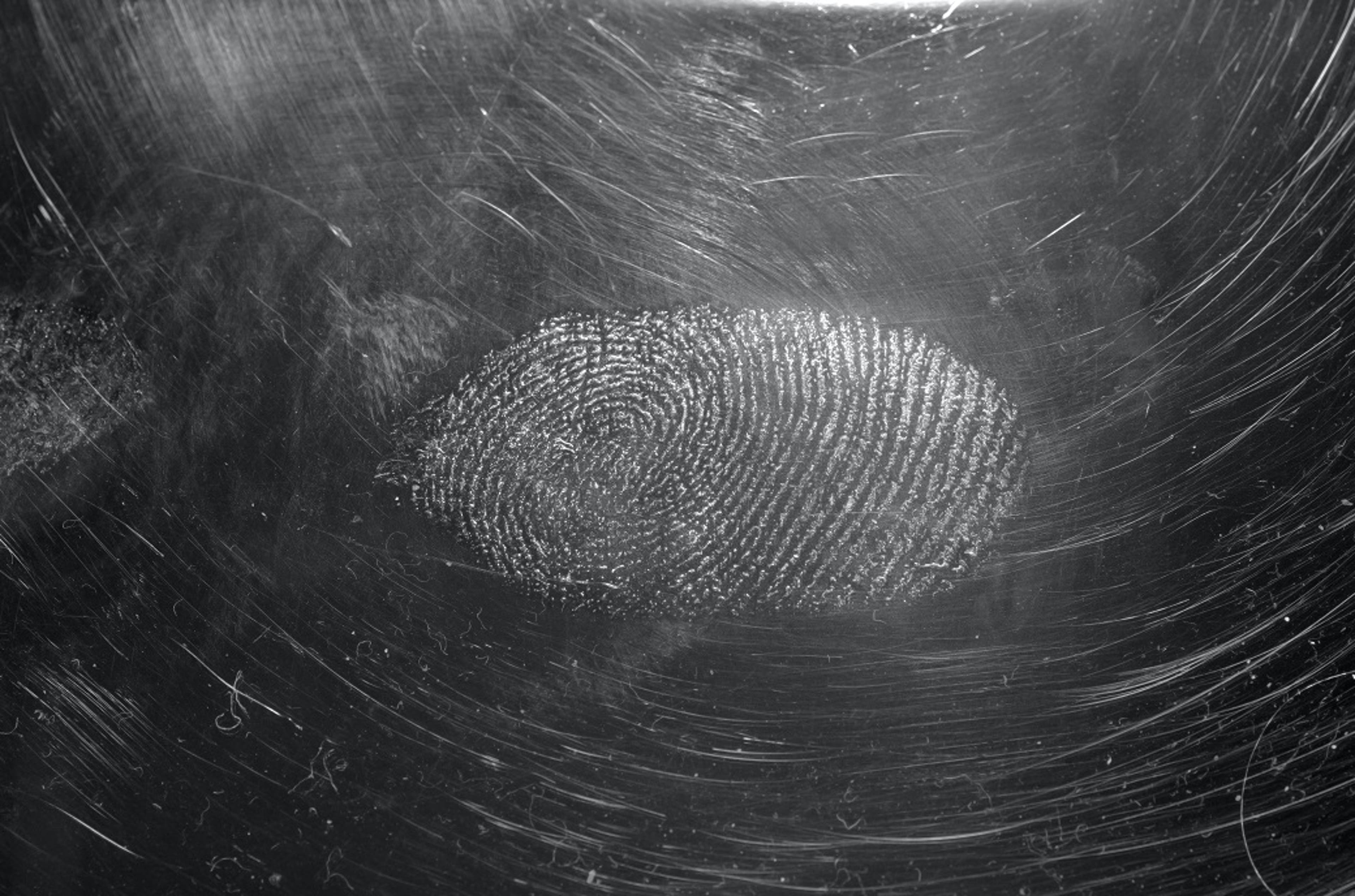Stop me if you've seen this one before.
You are watching a movie or a TV show in which a spy team has to obtain important information. Whatever they seek is likely behind the highest of high-tech security systems. You know this because the only way to reach their goal is via a biometric scanner. Perhaps some lackey scientist has to show their eye for retinal verification, or maybe they have their hand scanned for fingerprints.
The team knows they have to replicate those biometric identifiers to get what they are after, which is likely some incomprehensible McGuffin tied to the villain's plans to start a nuclear war or unleash biomedical warfare around the world.
You've seen movies before. You know what I mean.
Whenever these situations present themselves in pop culture, they are almost always presented as a fascinating dilemma the protagonists have to navigate to save the day. If surveillance is always treated as serious business in art, biometrics tend to follow the "rule of cool," where the audience is asked to suspend their disbelief because something "awesome" is happening in the story.
Perhaps the most famous example, for my money at least, is the way biometrics are treated in the "Mission: Impossible" series. In nearly each entry of the generally fantastic series ("Mission: Impossible 2" notwithstanding), Tom Cruise and the rest of the Impossible Mission Force find themselves needing an important clue to save the world, and to find it, they bust out a suitcase that uses facial scans to create lifelike masks of the person they need to impersonate.
They also eventually use throat patches to perfectly imitate their target's voice, thus fully assuming their identity. While the films show how they obtain these facial scans in some regards, they don't really spend too much time on the logistics of the process.
We, the viewer, only see the cool parts, how these technologies can help save the world. James Bond doesn't watch a man's arm getting chopped off by a laser to open a fingerprint lock to all of a sudden start musing about biometric data retention policies in "Die Another Day," the worst 007 movie to date. Bruce Wayne — a private citizen, mind you — uses a facial recognition system to try and identify the Joker, to no avail, in "The Dark Knight."
And circling back to "Mission: Impossible," given how every single movie involves either a mole or a point where the IMF is discredited, I imagine the biometric information in Tom's possession is probably safer on the dark web.
The movies don't dwell on the potential misuse of such sensitive information, and that's likely because it doesn't make for a particularly fun experience.
Conversations around facial recognition technologies in real-life scenarios are treated far more seriously than they are in print and screen, at least for privacy-conscious individuals.
The use of facial recognition in the real world is fraught with concerns about misuse, particularly when in the hands of law enforcement. Just last year, the world was introduced to Clearview AI and how the facial recognition application was used by more than 600 law enforcement agencies to monitor criminals.
Later in 2020, tech companies put a halt to their facial recognition businesses following the protests around the killing of George Floyd. The year prior, U.S. Rep. Rashida Tlaib, D-Mich., introduced a bill to prohibit the federal government from funding facial recognition, going so far to call the tech "racist," and in 2018, MIT Media Lab Researcher Joy Buolamwini conducted a test finding facial recognition algorithms' accuracy plummeted when scanning images of darker-skinned women.
Facial recognition is surrounded by tons of baggage, and yet, it never seems to be treated with the same seriousness that is afforded to tales featuring traditional surveillance. Entire stories are devoted to oppressive surveillance, whereas biometrics are normally relegated to a plot-plot ("Face/Off" excluded).
I wonder if this divergence stems from how creators view each topic. Surveillance stories have had a longer life in our collective consciousness, and their real-life harms have been well documented throughout history.
Perhaps the screenwriters, directors, authors and other creatives still view biometrics as science fiction. It's easy to see facial recognition and fingerprinting as something totally out of the realm of reality, as a tool for the allegedly far off future. In "Back to the Future Part II," hyper-futuristic 2015 Marty McFly got popped for entering into a shady business deal he agreed to by scanning his fingerprint from the comfort of his own home office.
The scenes are similar to those in other forms of media. Biometric identification is a signal for advancements we have yet to reach, and rather than think about the issues they could bring when deployed, we only focus on the optimistic possibilities.
But as we've seen, the privacy concerns around biometric identifiers are very real and feature very serious consequences. I'm not expecting "Mission: Impossible 7" to do an about face and advocate for responsible facial recognition, but it will be interesting to see whether stories featuring the tech are ultimately given the gravitas of the surveillance tales that came before.
Photo by Immo Wegmann on Unsplash

